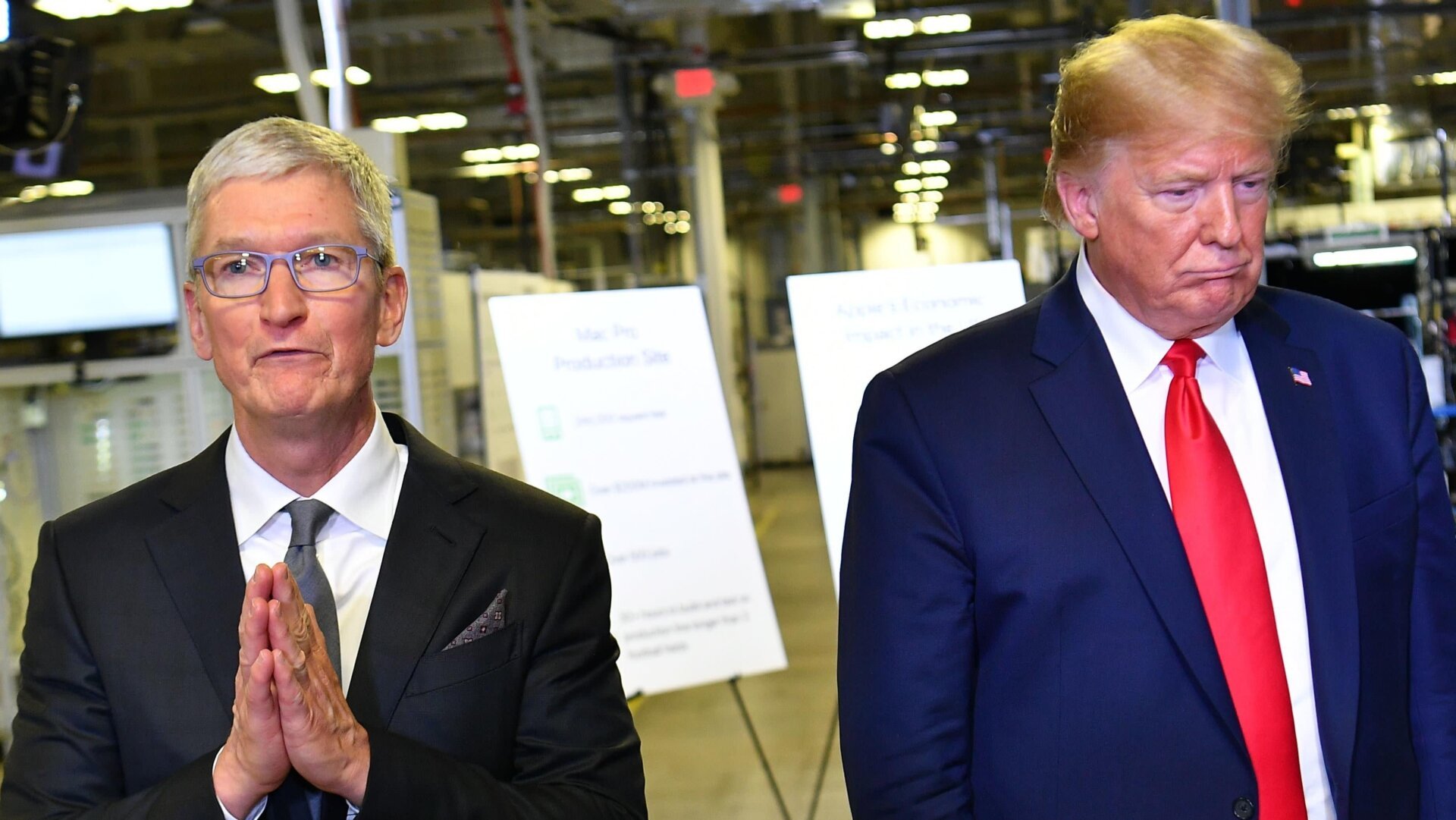President Trump has publicly criticized Apple for maintaining its diversity, equity, and inclusion (DEI) policies, which have been a focal point of his administration’s scrutiny. On Tuesday, Apple shareholders rejected an external proposal to dismantle the company’s DEI initiatives after Apple urged investors to oppose the measure. The company clarified that it does not enforce hiring quotas based on demographics but may refine its policies as needed.
“APPLE SHOULD ELIMINATE DEI RULES, NOT SIMPLY TWEAK THEM,” President Trump stated on Truth Social on Wednesday.
The Trump administration and GOP allies argue that DEI programs promote hiring practices that disadvantage Caucasians, emphasizing that ideological diversity holds greater importance than racial diversity alone. Advocates of DEI counter that these efforts aim to foster inclusive work environments for underrepresented groups by expanding outreach, such as recruiting from historically Black colleges and universities.
Early in his term, President Trump issued an executive order targeting DEI practices within the federal government and pressuring contractors to abandon such initiatives to retain government funding. Companies like Amazon, Google, and Meta have since scaled back their DEI programs to align with the administration’s stance or to avoid legal challenges.
Last week, a judge issued a preliminary injunction halting President Trump’s executive orders after legal challenges claimed they infringed on free speech rights. Companies such as Costco, Apple, and Microsoft have continued their DEI programs despite the pressure.
Supporters of DEI assert that diverse teams enhance organizational performance by creating products that resonate with broader demographics. Critics often highlight the tech industry’s historical lack of diversity, particularly its overrepresentation of white males, especially in startups where founding teams frequently share similar educational or social backgrounds. This irony is not lost on observers who note that critics of DEI often work in homogenous environments themselves. Is it truly merit-based, they ask, if hiring predominantly occurs within exclusive networks?
In 2017, a Google employee’s controversial memo claimed that women’s underrepresentation in tech stemmed from innate psychological differences rather than bias or discrimination. The memo, alongside a 2018 account from a former Uber employee, sparked widespread backlash and reinforced perceptions of exclusion in the industry.
Apple CEO Tim Cook is known for his diplomatic approach, balancing relationships with U.S. administrations and global governments. For instance, Apple secured tariff exemptions for the iPhone during Trump’s first term and has carefully navigated its operations in China to maintain favorable relations. Last week, Apple pledged a $500 billion investment in the U.S. over the next four years, though critics noted this commitment was likely independent of Trump’s presidency.
Apple has previously resisted Trump administration demands, such as its refusal to unlock the phone of the perpetrator in the 2015 San Bernardino shooting.
— news from Gizmodo
